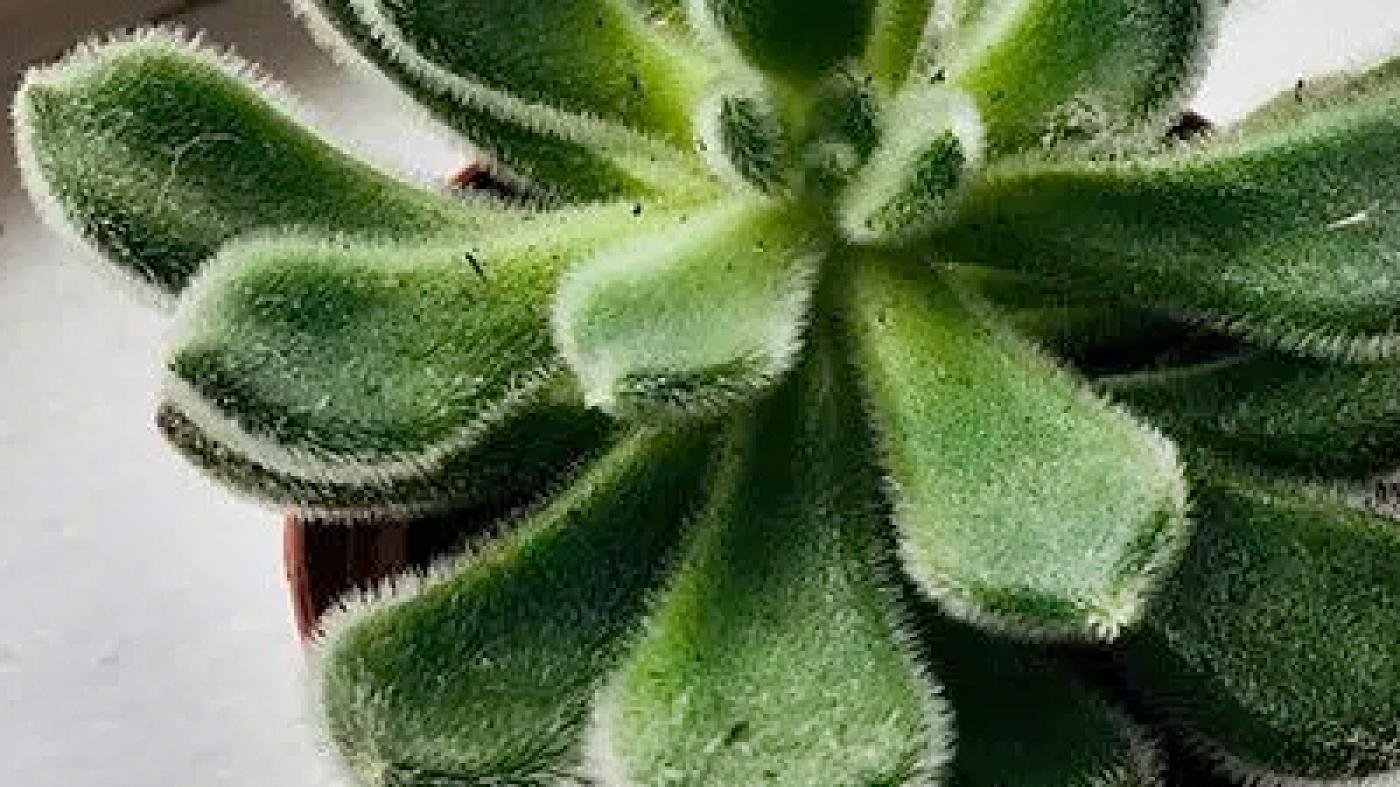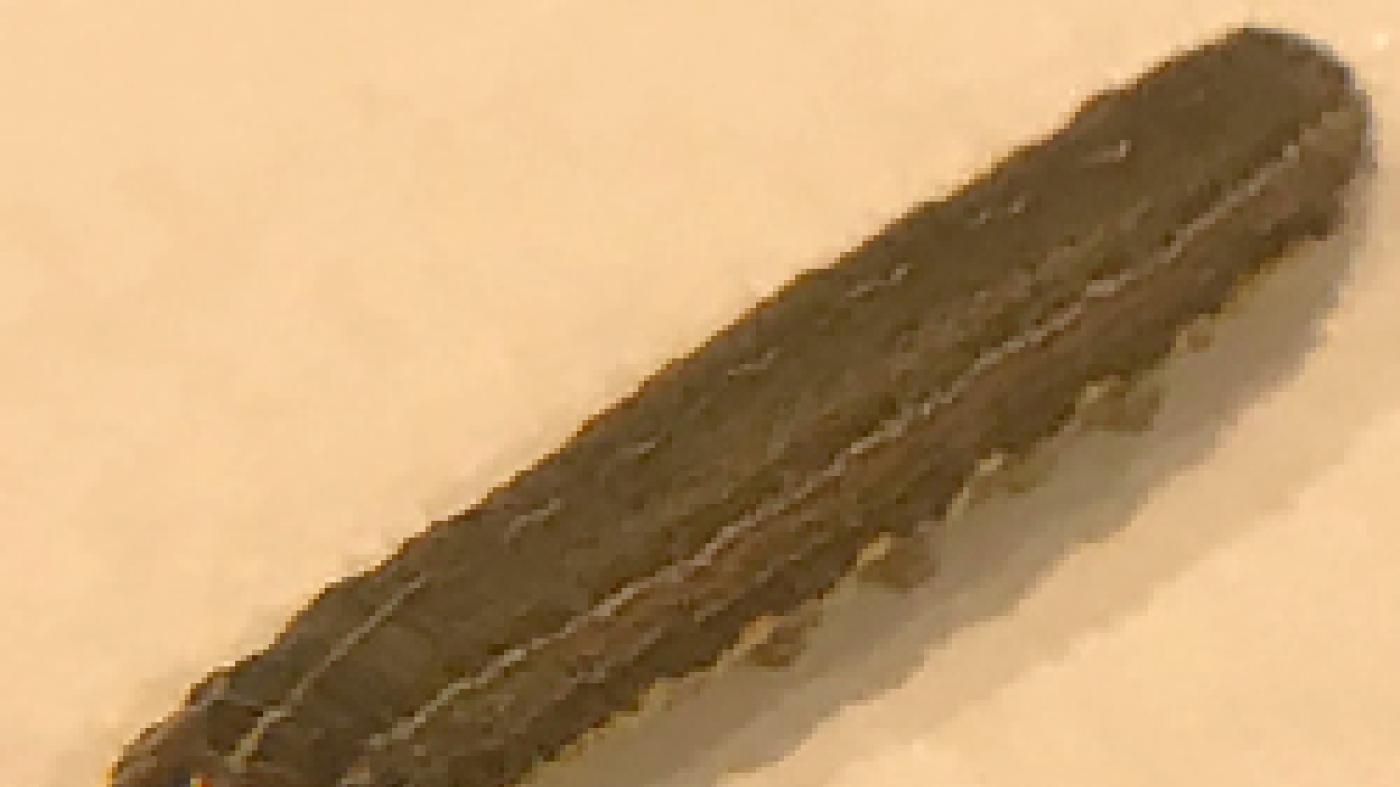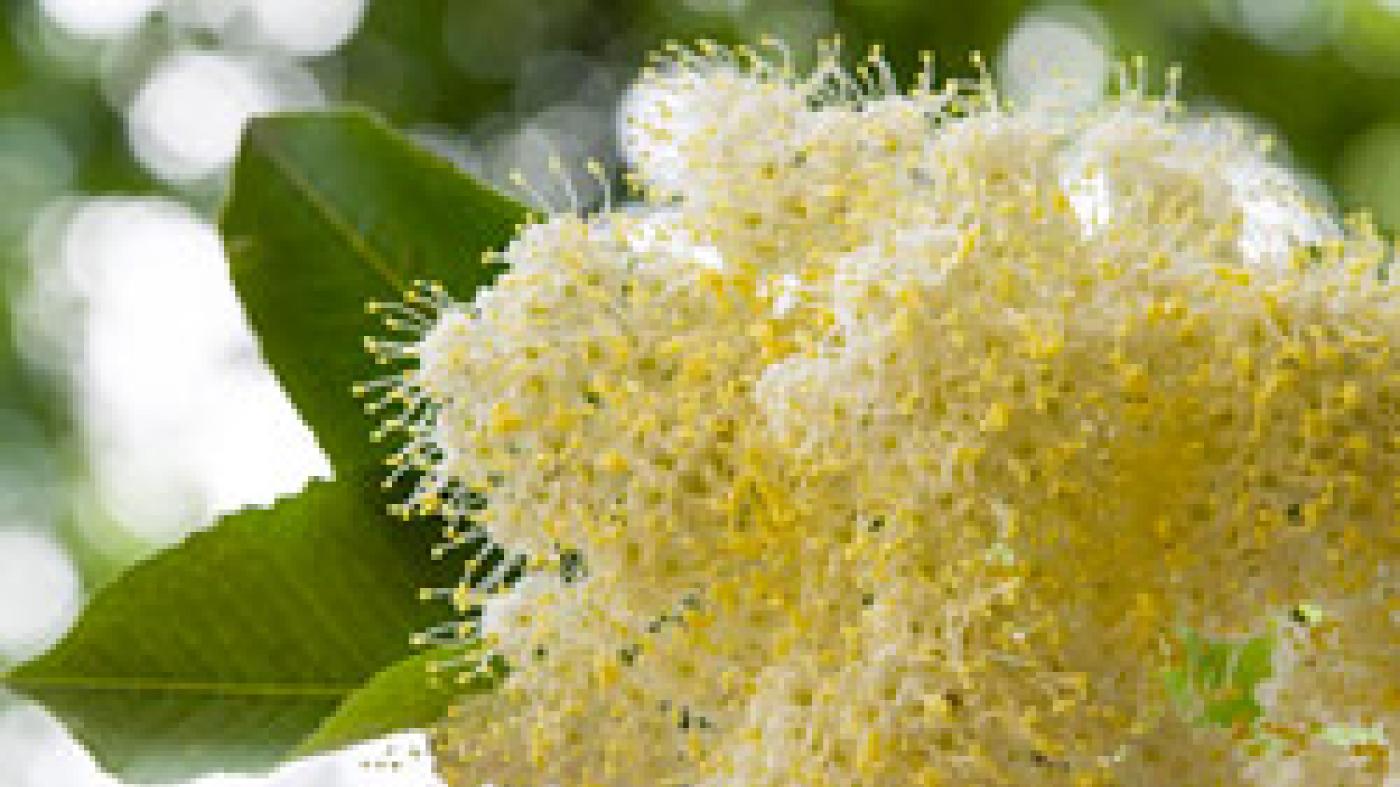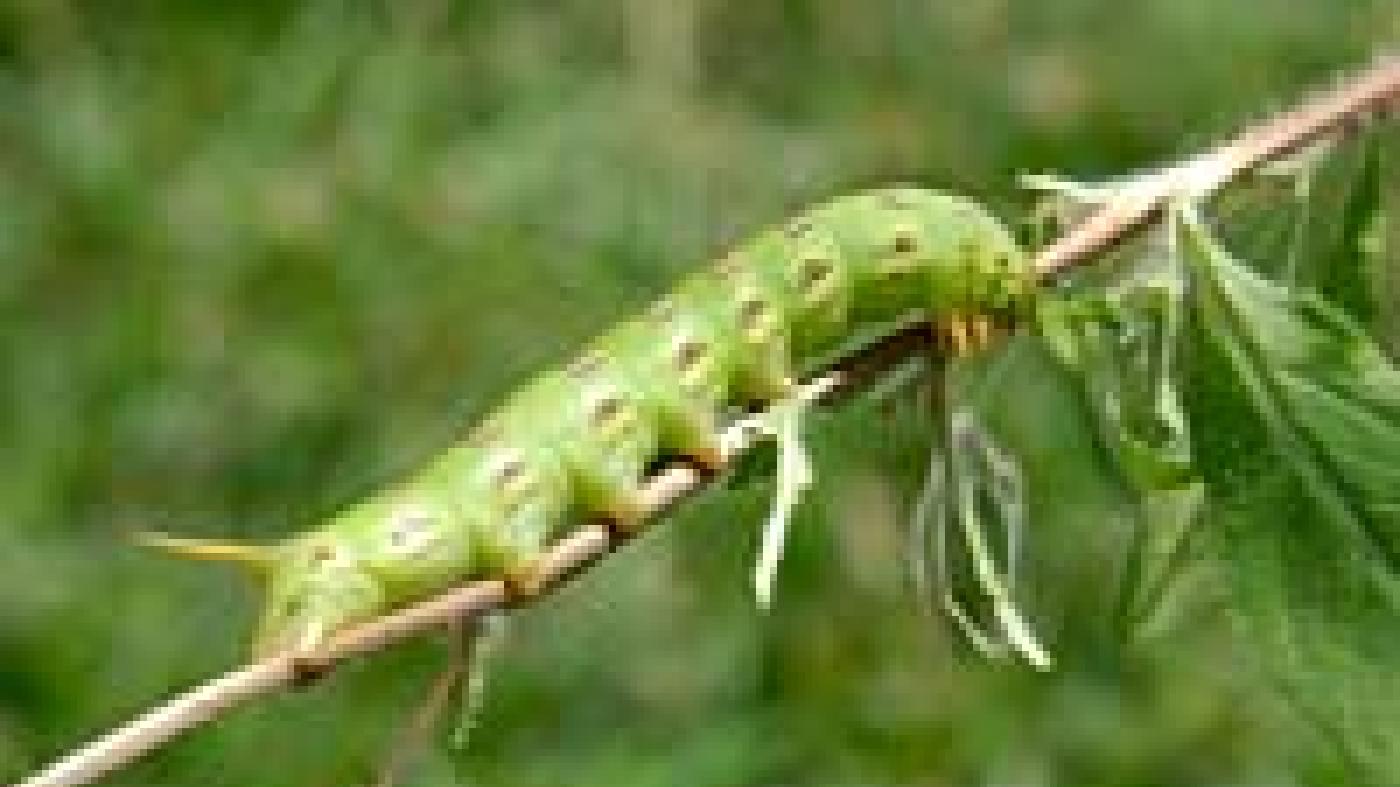
Insects

Protecting Houseplants from Insects
Q: I have had problems with insects on my houseplants during past winters. Is there anything I can do to prevent or control them?
A: The first step is to keep insects out of the house by carefully inspecting any plants before bringing them into your home. This is especially important for plants that have spent the summer outdoors. If insects are found, isolate the affected plants immediately.

Armyworms in my Lawn
Q. We suddenly have a large number of dark caterpillars on our lawn. What are they and how do we control them?

Viburnum Leaf Beetle
Q. Is it true that some viburnums will not be affected by the viburnum leaf beetle?

Insect leaf damage
Q. I’ve noticed many leaves of my plants look chewed. What is causing this and is there anything I can spray to help my plants?
A. At this time of year, many different types of insects and their larvae frequently feed on the leaves of plants. Without seeing the culprit, it is not possible to determine which insect is causing the damage to your plants. Inspect your plants thoroughly in order to positively identify the insect causing the damage.
Large wasp-like insects (cicada killers)
Q. We’re seeing very large black and yellow flying insects that look like wasps flying around our yard. They seem to be entering areas with piles of dirt along our walkway. What are they and how do we get rid of them?
Attracting butterflies
Q: I have a bed of double zinnias in red, yellow, and white colors. Butterflies love the white and avoid the red and yellow flowers – why?
Controlling ants
Q: Ants are all over my trumpet vine and garden in general. Is there an environmentally safe way to remove them?
A: Wet weather is likely the cause of an unusual pattern of behavior in the ants around your home. Frequently saturated soil drives ants up and out of their colonies. They are attracted to the trumpet vine because it produces abundant nectar. The ants will cause no harm to your plants. A garden hose can be used to spray them off the plants.
Controlling Japanese beetles
Q: How do I control Japanese beetles?
A: The best way to control Japanese beetles is to knock them into a jar of soapy water. Allow them to sit overnight in the water and discard them. Severe infestations can be chemically treated. Please contact Plant Information Service for the most current recommendations. Japanese beetle traps are not recommended, as they will attract beetles from the surrounding area to your garden.
Controlling Whitefly
Q. I have discovered whiteflies on a few of my indoor plants. What’s the best remedy for controlling this pest?
Moth Identification
Q. Can you help me identify the very large moth that appears just for a day or two on the side of my house at this time of year? And is it harmful?
Insecticides
Q. What is the difference between a systemic insecticide and one you spray directly on the plant?
Using Insecticidal Soap
Q. I have been spraying an insecticidal soap solution on my garden plants and houseplants to control insects. How long does this product last on the plants?
A. Soap solutions are designed to target soft-bodied insects on contact or as the solution begins to dry. Once the product is completely dry, it has very little effectiveness as an insect control. This is why you need to reapply the solution following a rainfall. Some gardeners wash off their houseplants once the soap application has dried.
Horticultural Oil
Q. What are the current recommendations for using horticultural oil to protect mature trees from insect attack?
Grubs
Q. I had problems with grubs in my lawn this summer. Is there anything I can do this fall, or should I treat the lawn next summer?
Fungus Gnats on Indoor Plants
Q. I have noticed tiny dark insects flying around my indoor holiday plants. What are they and will they damage these plants?
Delphinium Disease or Pest
Q. What insect or disease would cause the flower stalks of my beautiful delphiniums to become twisted and their flower buds to curl and blacken?
Emerald Ash Borer
Q. I have ash trees on my property that are doing poorly and haven't been healthy for the last few years. Do I have Emerald Ash Borer?
A. Ash trees can be afflicted by many different disease and insect problems, such as anthracnose, verticillium wilt, ash flower gall, rust, ash yellows, and borers. Early infestations of Emerald Ash Borer are very difficult to detect.

